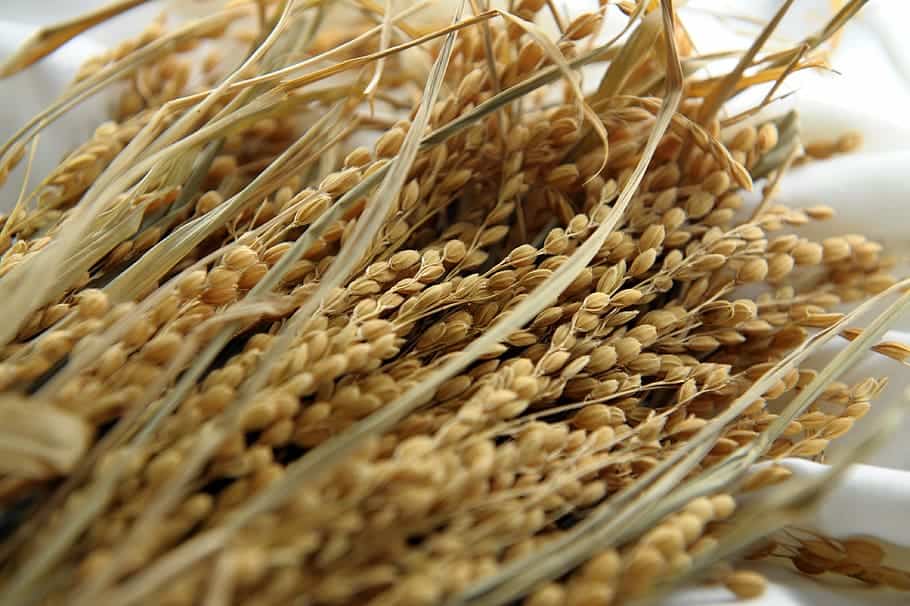India fights battles, one against Chinese incursions and another one with the virus. It can generate much-needed resources by selling excess food grains through open market operations.
Excess Stock With FCI
The Modi government can raise around Rs 1,00,000 crore by selling a considerable amount of grains that the Food Corporation of India (FCI) has stored. The organization, as of June 1, has 7 million metric tonnes (MMT) grain stock in the Central Pool. Further, the officials estimate that it will have around 91-92 MMT of food grain stock on July 1 when the procurement of rabi crops will end. The estimate is far more than the required buffer stock and strategic reserve of 41.12 MMT for the Public Distribution System (PDS). Thus, FCI will have 50mmt of excess stock by July 1.

The Math of Profit
Taking the economic cost of rice in 2020-21 at Rs 37,267/tonne and of wheat at Rs 28,838/tonne, the excess stock can raise around Rs 1,50,000 crore. However, if the Centre keeps this potential locked, FCI will keep incurring unnecessary interest costs of about Rs 8,000-10,000 crore per annum. Hence, this will be called the dumb food policy of the government. If the government decides to let go of this stock to the private sector at whatever reasonable price, it will generate significant income to the government.
Role of Recent Amendments in ECA
The recent amendment in ECA through the ordinance route can gain the confidence of the private sector in building efficient storage facilities. However, not imposing a stock limit is not enough. The government must delete the clause of “extraordinary price rise” to allure investments in the efficient food supply lines. Also, the registration under storage facilities under the Warehousing Development and Regulatory Authority (WDRA) would allow the government to keep track of food grain stock with the private sector.
The other two ordinances could be a game-changer if implemented in its true spirit. Though some states may resist it, it will make a move towards an unfettered all India market for agri-produce. The other one related to encourage contract farming will help farmers to take better sowing decisions based on the price of crops at the harvest time. Though assured price will remain a challenge as market conditions differ widely during harvest, it will hedge the price risks to some extent. In all, the commission agents will lose a large chunk of money in the process, and farmers will get their fair share.
Food Subsidy- an Additional Resource
The government allocates a sum of Rs 1,15,570 crore to food subsidy in the Union budget of 2020-21. However, the number is highly misleading as FCI are advised to borrow from the National Small Savings Fund (NSSF). The total borrowings from NSSF stands at Rs 2,54,600 crore. Of which FCI pays an interest rate of 8.4 to 8.8% p. a, taking the total food subsidy allocation to Rs 3,70,170 crore.
To conclude, the government needs funds desperately to save lives from the virus. Hence it should look to generate more resources and save at the time.